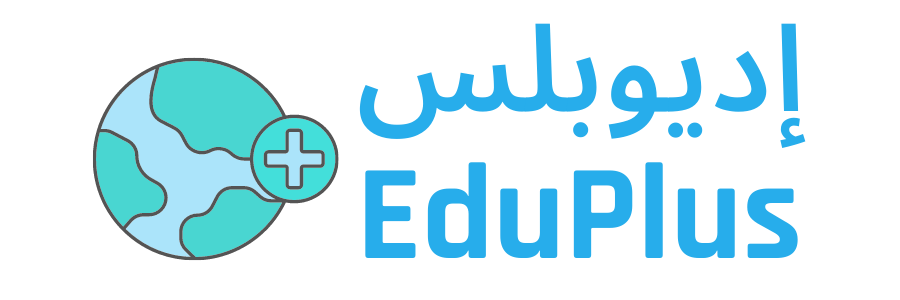Phlebotomy
The Phlebotomy Program is a comprehensive and cutting-edge preparatory course designed to equip aspiring medical professionals with the knowledge and skills required to become skilled phlebotomists.
This program is meticulously crafted to meet the growing demand for qualified phlebotomy specialists in various healthcare settings, including hospitals, clinics, laboratories, and blood banks.
Overview
The Phlebotomy Program is an intensive and hands-on curriculum that encompasses both theoretical knowledge and practical experience.
Students enrolled in the program will be guided by experienced instructors and industry experts who are committed to fostering a deep understanding of phlebotomy techniques, safety protocols, and patient care.
Curriculum Highlights
Anatomy and Physiology: Students will gain a comprehensive understanding of the human circulatory system, the structure of blood vessels, and the role of various blood components.
Phlebotomy Techniques: Students will master a wide range of blood collection techniques, including venipuncture, capillary puncture, and arterial blood sampling. Emphasis will be placed on maintaining patient comfort and safety throughout the process.
Infection Control and Safety: Infection prevention is of utmost importance in phlebotomy. The program will cover standard precautions, aseptic techniques, and the proper handling and disposal of biohazardous materials.
Medical Terminology: Students will familiarize themselves with essential medical terminology related to phlebotomy procedures, enhancing communication with healthcare professionals and patients.
Laboratory Procedures: Trainees will be introduced to the proper handling, processing, and storage of blood samples in a laboratory setting, as well as understanding the significance of various laboratory tests.
Communication and Patient Interaction: Effective communication with patients is crucial for a successful phlebotomist. This module will focus on building strong patient interaction skills and techniques for managing anxious or difficult patients.
Ethics and Legal Considerations: Students will explore the ethical and legal aspects of phlebotomy, understanding the importance of patient confidentiality and compliance with relevant regulations.
Clinical Practicum
The program is followed by a supervised clinical practicum that allows students to apply their theoretical knowledge in a real-world healthcare environment. Edu Plus has partnered with several hospitals to provide internships at an extra cost to students. Under the guidance of experienced phlebotomists, trainees will gain practical experience in venipuncture, specimen handling, and patient interaction.
Certification and Career Opportunities
Upon successful completion of the Phlebotomy Program, graduates will receive a certification that meets industry standards and qualifies them to pursue phlebotomy positions in a variety of healthcare settings. Armed with the necessary expertise and experience, graduates can embark on rewarding careers as phlebotomy technicians, medical assistants, laboratory assistants, or further their education in related medical fields.
The Phlebotomy Program provides a gateway for individuals passionate about healthcare and the medical field to acquire specialized skills in blood collection and processing. By offering a blend of theoretical knowledge and hands-on experience, this program empowers students to become competent and compassionate phlebotomists, making a significant contribution to the well-being of patients and the healthcare community as a whole.
AED 2200, including:
120 hours
Course material
AMCA test
Edu Plus Certificate
Uniform at an extra charge
Summary
Our Services > Medical Training > Healthcare Service > Phlebotomy


